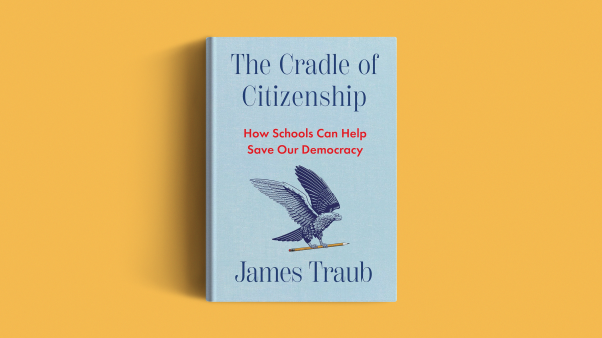Many Millennials (people between 18 and 31) are turning away from religion. How has this affected their view of Christianity's sacred text?
In a study we conducted in partnership with American Bible Society and InterVarsity Christian Fellowship, the Barna team found good news for the Good Book: active young Christians are holding true to historical and orthodox beliefs about the Bible.
Nearly all practicing Christian Millennials—who describe their faith as very important to their lives and have attended a worship service within the past month—believe the Bible contains everything a person needs to know to live a meaningful life (96%). The same proportion claim the Bible is the actual or inspired word of God (96%).
Additionally, practicing Christian Millennials cite the Bible as their greatest source for moral truth. Among those who believe in absolute moral truth (71%), two in five point to the Bible as the main source from which they have discovered absolute moral truth and standards (39%).
We also asked Millennials whether Bible reading is more important, less important, or of equal importance to a variety of other spiritual disciplines. Practicing Christian Millennials consistently say reading the Bible is more important than other disciplines.
Skeptics are using Google, Instagram, and similar tools to try to discredit the Bible.
On the other hand, only one-quarter of non-Christian Millennials, say the Bible is the actual or inspired word of God (27%). They are much more likely to say the Bible is "just another book of teachings written by men that contains stories and advice" (45%). What's more, non-Christians' views of the Bible seem to be moving from indifference to skepticism. While many regard the Bible merely to be a "useful book of moral teachings" (30%), nearly half agree with more negative descriptions: the Bible is "an outdated book with no relevance for today" (19%) and "a dangerous book of religious dogma used for centuries to oppress people" (27%).
What is fueling the scriptural skepticism of today's young adults? Digital tools can affect Millennials' views of the Bible's authority. My friend Dan Kimball said he increasingly hears young adults asking questions about little-discussed aspects of the Old Testament.
Websites like the "Awkward Moments Children's Bible," which depicts difficult Bible stories, are planting and watering seeds of doubt by raising questions about how an inspired book like the Bible could dare to teach what it teaches. Skeptics are using Google, Instagram, and similar tools to try to discredit the Bible.
Most non-Christian Millennials have never read the Bible themselves (62%), and many stereotype Christians. When they see someone reading Scripture in public, their most common feelings are distance and alienation.
They assume the reader is politically conservative (22%), that they don't have anything in common with the person (21%), that the Bible reader is old-fashioned (17%), or that they are trying to make a statement or be provocative (15%). Only 9 percent of non-Christians say they feel curious about what's in the Bible when they see someone reading it—a disappointing ratio for those who hope their public Bible reading might spark spiritual conversation with those who aren't Christians.
For non-Christians, the Bible's "brand" is mostly a negative one. The biggest challenge for Millennial Jesus followers is that the skepticism gap is bigger for their generation than it has been for any previous cohort of Americans.
As skepticism increases, Christian Millennials and church leaders will have to face those criticisms head on and wrestle with the implications for believers. Yet, when it comes to their view of the Bible, Millennial Christians are starting off on solid ground.
David Kinnaman is president of Barna Group and co-author of The Hyperlinked Life (Zondervan, 2014).
Copyright © 2015 by the author or Christianity Today/Leadership Journal. Click here for reprint information on Leadership Journal.










